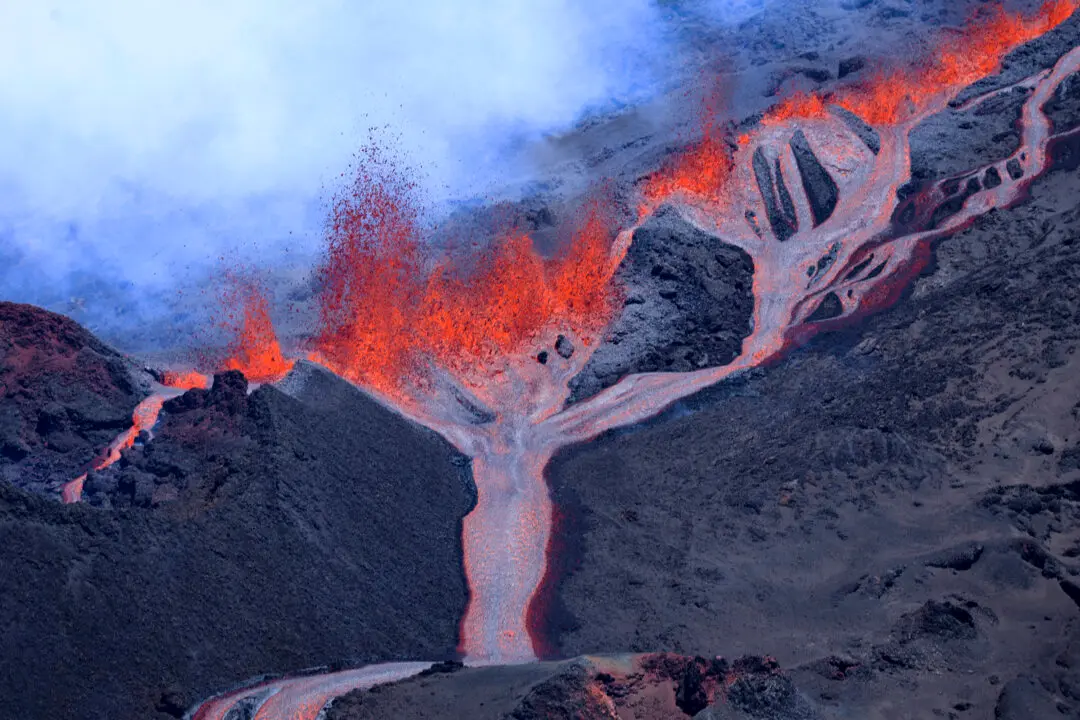Political legacies, earthquakes, and globalization helped shape current circumstances in countries worldwide is what Epoch Times reporters from Peru to Romania discovered when they asked locals:
Global Q&A: ‘What aspect of recent history has most shaped the current situation in your country?’
Epoch Times reporters from Peru to Romania discovered when they asked locals ...
|Updated:




